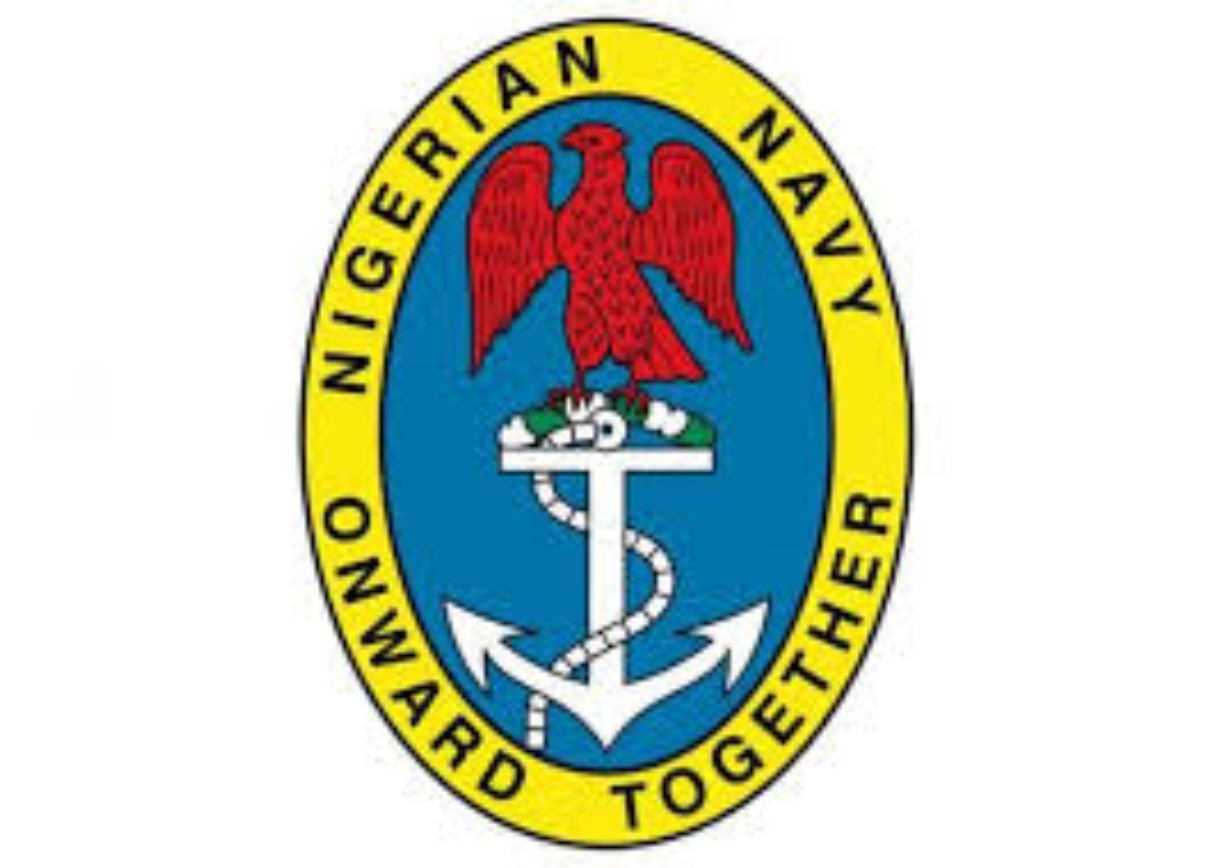Business
FIRS Partners Experts To Improve Operations
The Acting Executive
Chairman of the Federal Inland Revenue Service (FIRS), Mr Kabir Mashi, said last Thursday that the organisation had engaged experts for technical assistance and operational efficiency.
Mashi made the announcement at the “FIRS Stakeholders’ Engagement Forum’’ in Lagos.
He said that the organisation had employed the service of Mckinsey and Company to implement Capacity Enhancement Programme (CEP) and helped to improve non-oil tax collection.
Mashi said the CEP had been useful in improving other indices of measurement.
He said that such other indices include Tax to Gross Domestic Ratio and Ratio of Oil to Non-Oil Tax collection.
The FIRS chief said that the organisation embarked on CEP as a specific intervention to uplift the organisation in its quest to become efficient.
He also said that it would assist FIRS to proactively support government’s aspirations, particularly in making Nigeria’s economy one of the largest in the world.
“With the intervention of CEP, we have some key initiatives as a platform for achieving our goal.
“These initiatives are in the areas of audits, arrears and debt enforcement as well as tax exemptions,” Mashi said.
He said that others included evasion of tax in terms of high net worth transactions and rentals; registration and improved communication to enhance compliance.
The FIRS chief said that the forum was organised to reassure tax payers that the organisation appreciated their efforts in contributing to national development by paying taxes.
Mashi urged Nigerians to continue to cooperate and support the organisation.
“We are constantly seeking to improve upon our performance and we ask that you buy into our initiatives as we roll them out.
“As we implement these initiatives, we shall interact with you more closely and hope you see yourselves as partners in national development,’’ he said.
Also speaking at the event, the Chairman of Dangote Group, Alhaji Aliko Dangote, urged the FIRS to employ the ‘naming and shaming approach’ in enforcing tax compliance among stakeholders.
Dangote said that faithful tax payers should be openly celebrated, while defaulters should also be openly warned if a roundtable discussion would not make them comply.
The Tide source reports that other stakeholders at the forum urged the Federal Government to find a way of harmonising tax collections in different states.
The stakeholders said that if the government harmonised tax collections, it would help to boost the level of tax compliance among Nigerians.
Business
Agency Gives Insight Into Its Inspection, Monitoring Operations

Business
BVN Enrolments Rise 6% To 67.8m In 2025 — NIBSS

The Nigeria Inter-Bank Settlement System (NIBSS) has said that Bank Verification Number (BVN) enrolments rose by 6.8 per cent year-on-year to 67.8 million as at December 2025, up from 63.5 million recorded in the corresponding period of 2024.
In a statement published on its website, NIBSS attributed the growth to stronger policy enforcement by the Central Bank of Nigeria (CBN) and the expansion of diaspora enrolment initiatives.
NIBSS noted that the expansion reinforces the BVN system’s central role in Nigeria’s financial inclusion drive and digital identity framework.
Another major driver, the statement said, was the rollout of the Non-Resident Bank Verification Number (NRBVN) initiative, which allows Nigerians in the diaspora to obtain a BVN remotely without physical presence in the country.
A five-year analysis by NIBSS showed consistent growth in BVN enrolments, rising from 51.9 million in 2021 to 56.0 million in 2022, 60.1 million in 2023, 63.5 million in 2024 and 67.8 million by December 2025. The steady increase reflects stronger compliance with biometric identity requirements and improved coverage of the national banking identity system.
However, NIBSS noted that BVN enrolments still lag the total number of active bank accounts, which exceeded 320 million as of March 2025.
The gap, it explained, is largely due to multiple bank accounts linked to single BVNs, as well as customers yet to complete enrolment, despite the progress recorded.
Business
AFAN Unveils Plans To Boost Food Production In 2026
-

 Politics5 days ago
Politics5 days agoEFCC Alleges Blackmail Plot By Opposition Politicians
-
Business5 days ago
AFAN Unveils Plans To Boost Food Production In 2026
-

 Sports5 days ago
Sports5 days agoJ And T Dynasty Set To Move Players To Europe
-

 Entertainment5 days ago
Entertainment5 days agoFunke Akindele’s Behind The Scenes Crosses ?1.77bn
-

 News2 days ago
News2 days ago2026 Budget: FG Allocates N12.78bn For Census, NPC Vehicles
-

 Featured5 days ago
Featured5 days agoRSG Kicks Off Armed Forces Remembrance Day ‘Morrow …Restates Commitment Towards Veterans’ Welfare
-

 Niger Delta5 days ago
Niger Delta5 days agoNavy Pledges Improved Patrols, Welfare Boost For Personnel
-

 Featured5 days ago
Featured5 days agoTinubu Hails NGX N100trn Milestones, Urges Nigerians To Invest Locally

